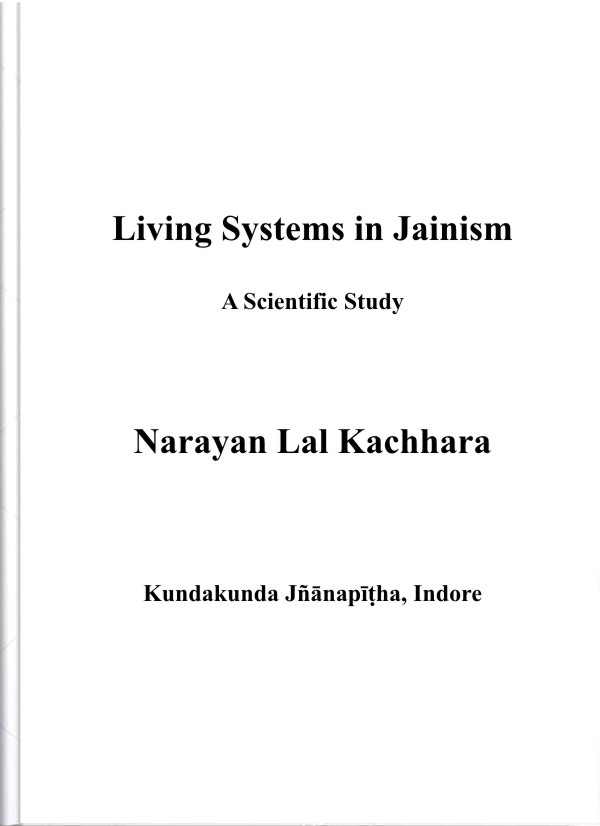What, in the end, are emotions[1]? What do they ultimately consist of? Are they physiological processes, or neuro-physiological states, or adaptive dispositions, or evaluative judgments, or computational states, or even social facts or dynamic processes? "Scherer viewed emotions as a genus of processes typically involving five different component aspects, comprising subjective feelings, cognition, motor expression, action tendencies or desire, and neurological processes[2]."
"Ronald de Sousa on the other hand argued that emotions are not reducible to beliefs, desires, or a combination of the two, but represent a logically and functionally separate category of capacities." Aaron Ben-Ze'ev advocates that "emotions form a distinct mode of feelings or psychological system[3]. They are prototypical concepts rather than names of natural kinds of modes, and their subtlety derives from the fact that the emotional mode constitutes an exercise of all of the faculties, particularly in response to change, at the level of perception, intellectual processes, and feelings."
 Dr. N.L. Kachhara
Dr. N.L. Kachhara
